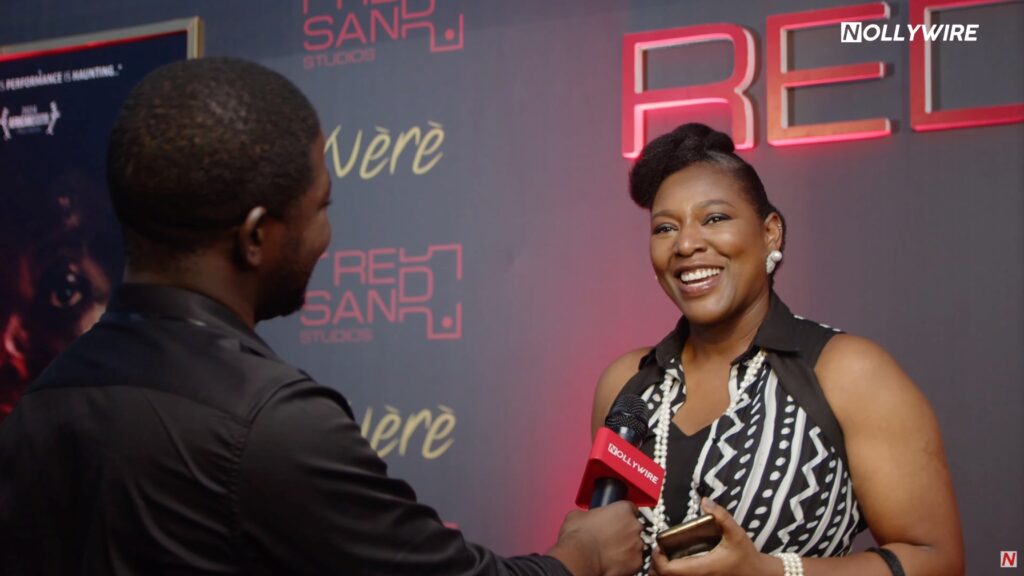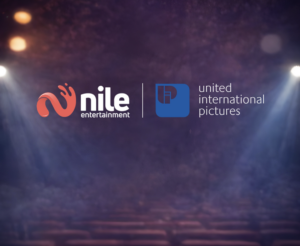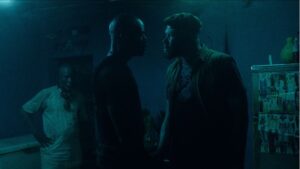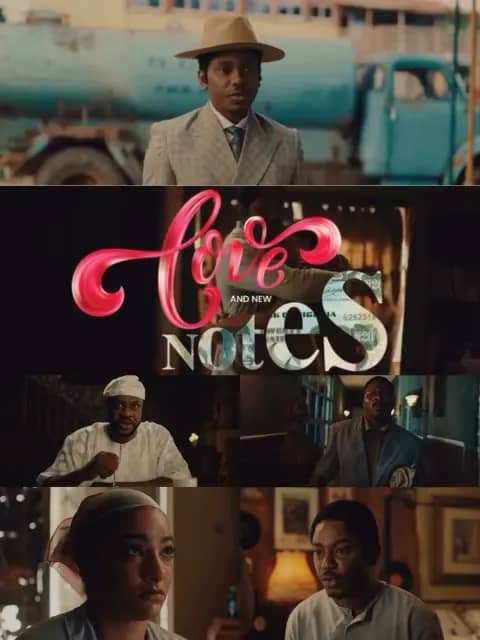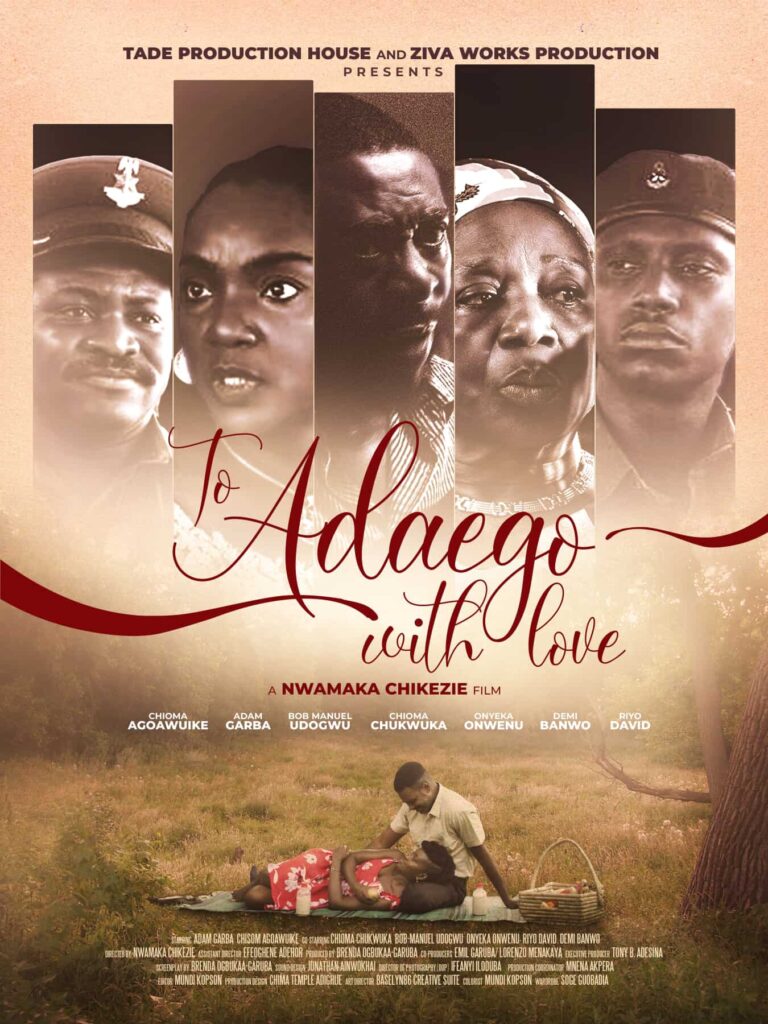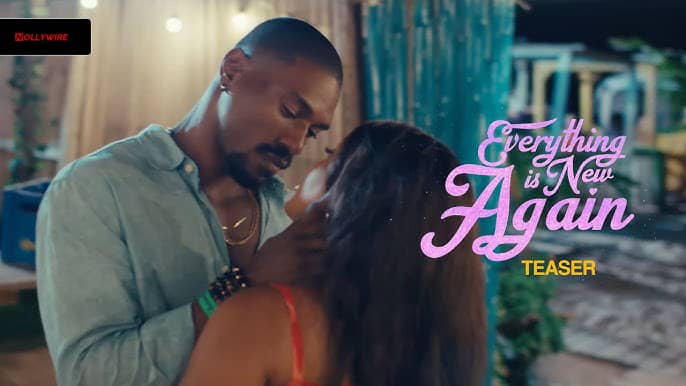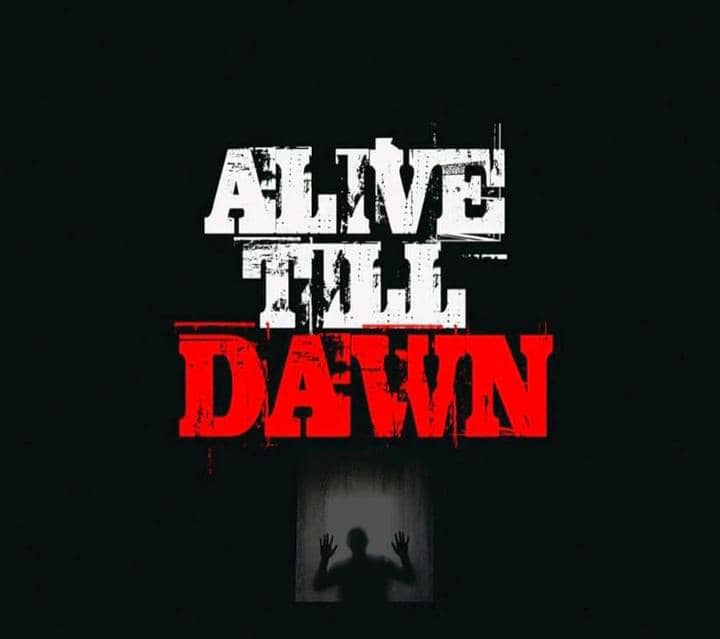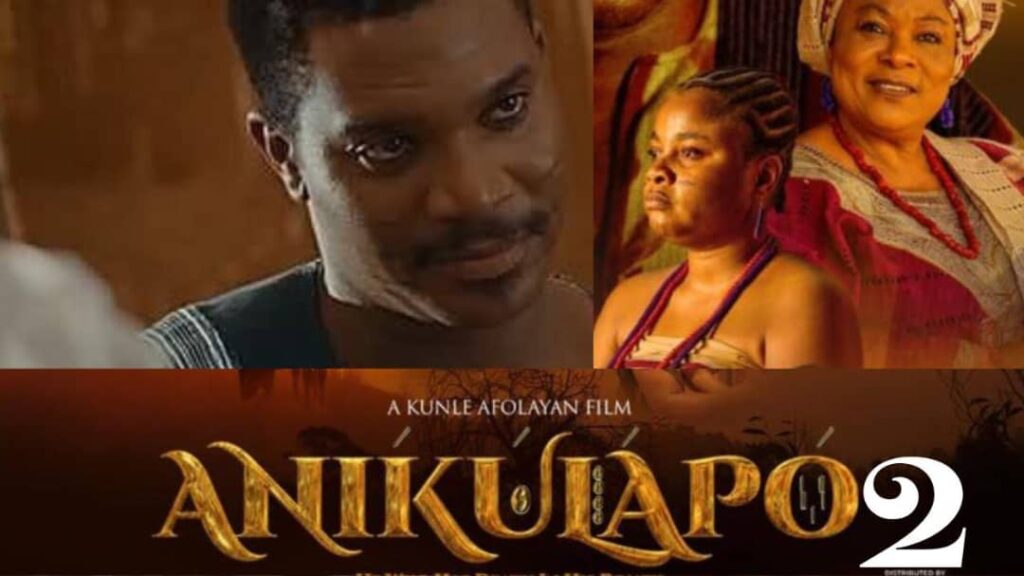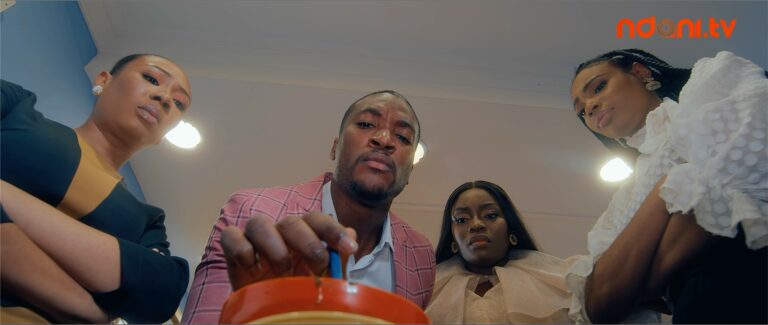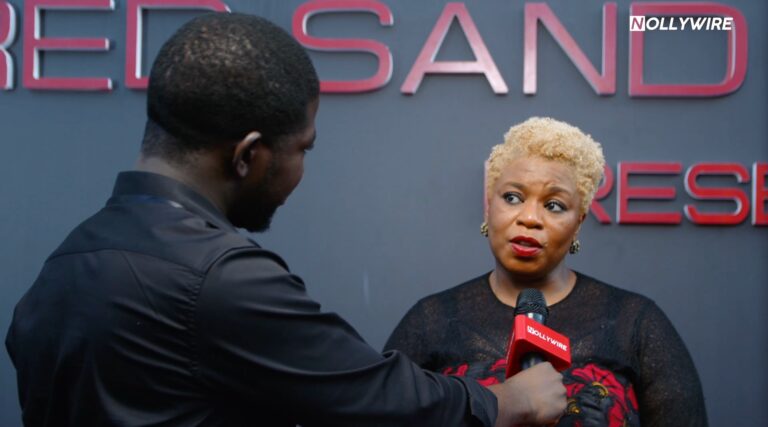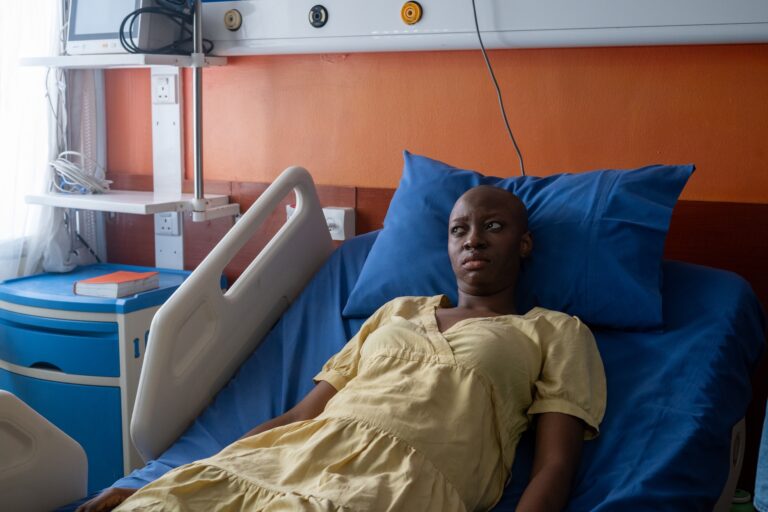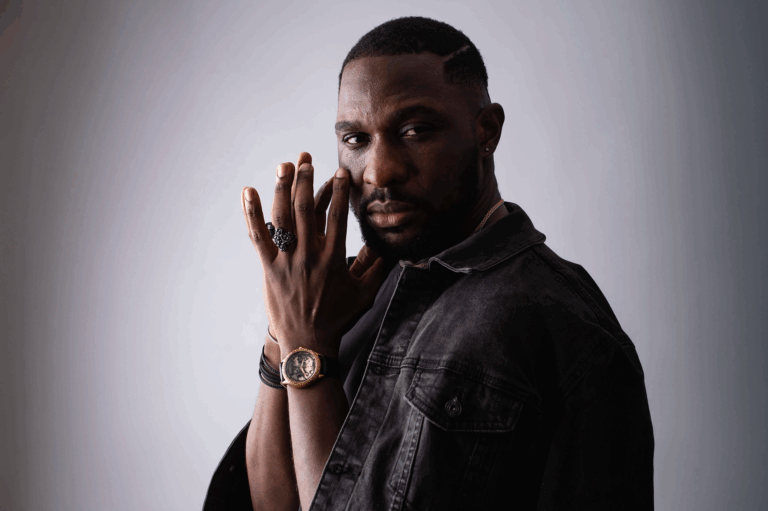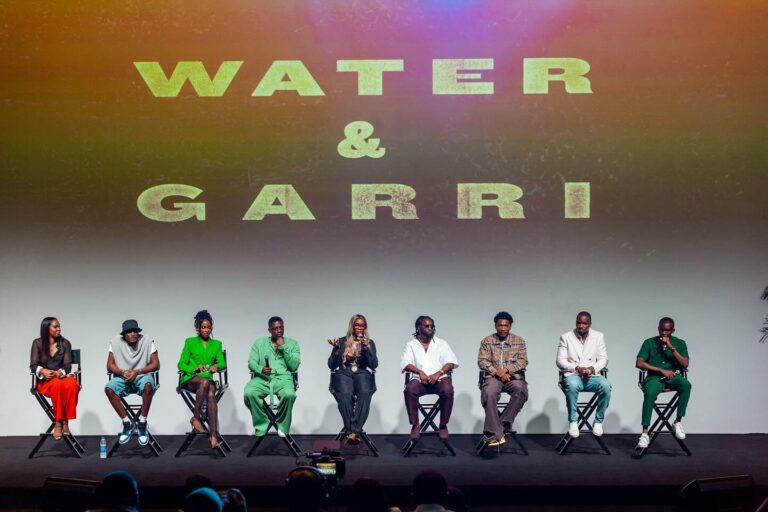With ‘Wèrè,’ writer/director Dolapo Marinho wants to highlight the crucial need for societal understanding and a robust support system for patients facing mental health challenges.
In our society, mental illness has often been misunderstood and stigmatised. People suffering from this challenge are frequently labelled as “possessed” or suffering spiritual attack, limiting their ability to seek the help they desperately need.
Talking about what led her to write the story, Marinho shared, “Driving past the Ojota Bridge every night [in Lagos], I couldn’t ignore the figure hunched over in the shadows. She was a constant presence, a reminder of the countless people suffering in silence. Shame gnawed at me for never stopping and never offering help. This internal struggle became the seed for a powerful narrative that addresses mental illness and homelessness in Lagos State.”
The film, born out of my personal experience, seeks to shed light on the grim realities faced by many individuals who, due to a lack of understanding and support, find themselves on the streets. The story isn’t just mine; it’s a reflection of our collective failure to address mental health issues with the urgency and empathy they demand,” she added.
One of ‘Wèrè’s’ central messages is that mental illnesses, if managed with proper medication and care, do not have to lead to homelessness or despair.
The narrative challenges the audience to rethink their perceptions and attitudes towards mental health. A poignant reality depicted in the film is the ironic tragedy faced by those living on the streets. Many are not severely mentally ill but have been pushed to the margins of society due to a lack of support.
This irony is further compounded by societal indifference to their plight. In one powerful scene, the protagonist observes the indifference of passersby, mirroring Dolapo’s initial inaction. It’s a stark reminder that, while we may not all be able to provide direct help, acknowledging and understanding the issue is a crucial first step.
The narrative also questions who the real “mad” individuals are—those suffering on the streets or those of us who ignore their existence. This thought-provoking angle forces the audience to confront uncomfortable truths about our societal responsibilities.
Mental illness is a significant issue in Lagos State, exacerbated by the city’s vast population and economic disparities. The film serves as a call to action, urging both the government and citizens to take mental health seriously. By providing better resources, raising awareness, and fostering a more empathetic society, we can begin to address the root causes of homelessness and mental illness.
‘Wèrè’ is more than just a story from Dolapo Marinho; it’s a mirror reflecting our societal flaws and a beacon guiding us towards greater empathy and action.
As we watch, we are reminded that the power to change begins with understanding and compassion. It’s time to ask ourselves: who is truly mad—the sufferers or those who turn a blind eye to their suffering?

